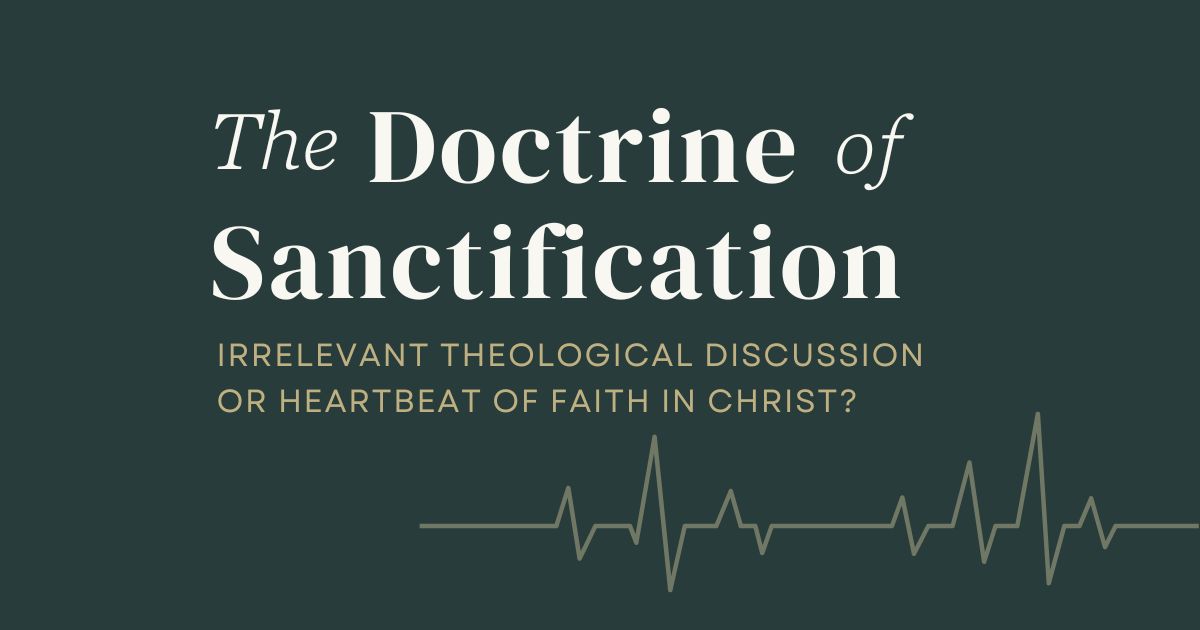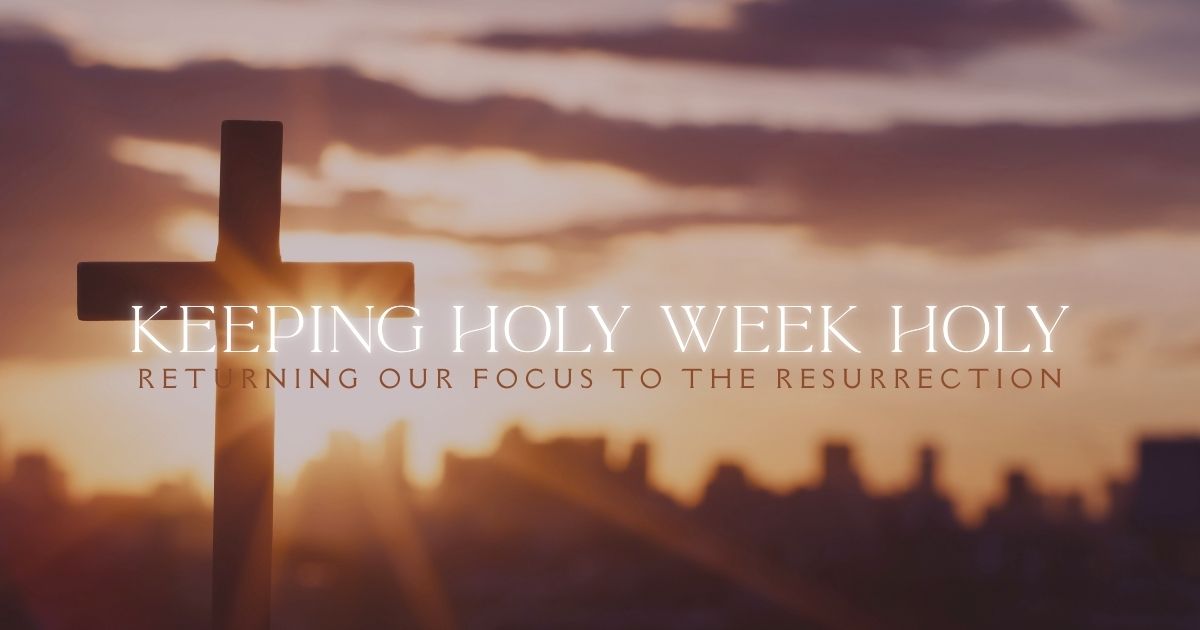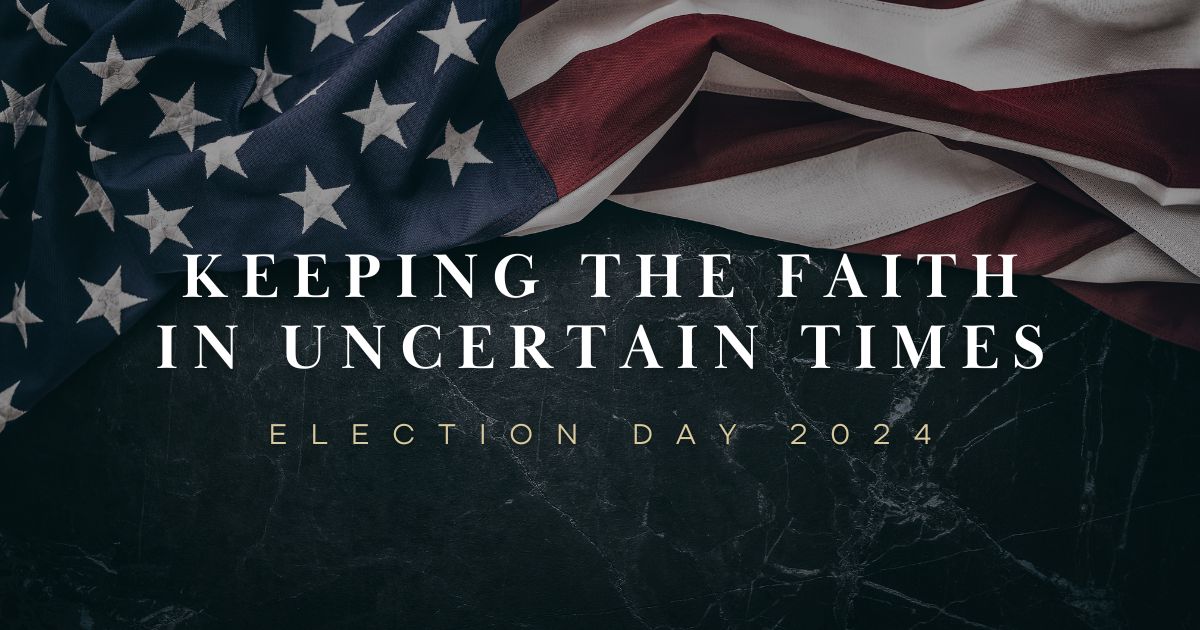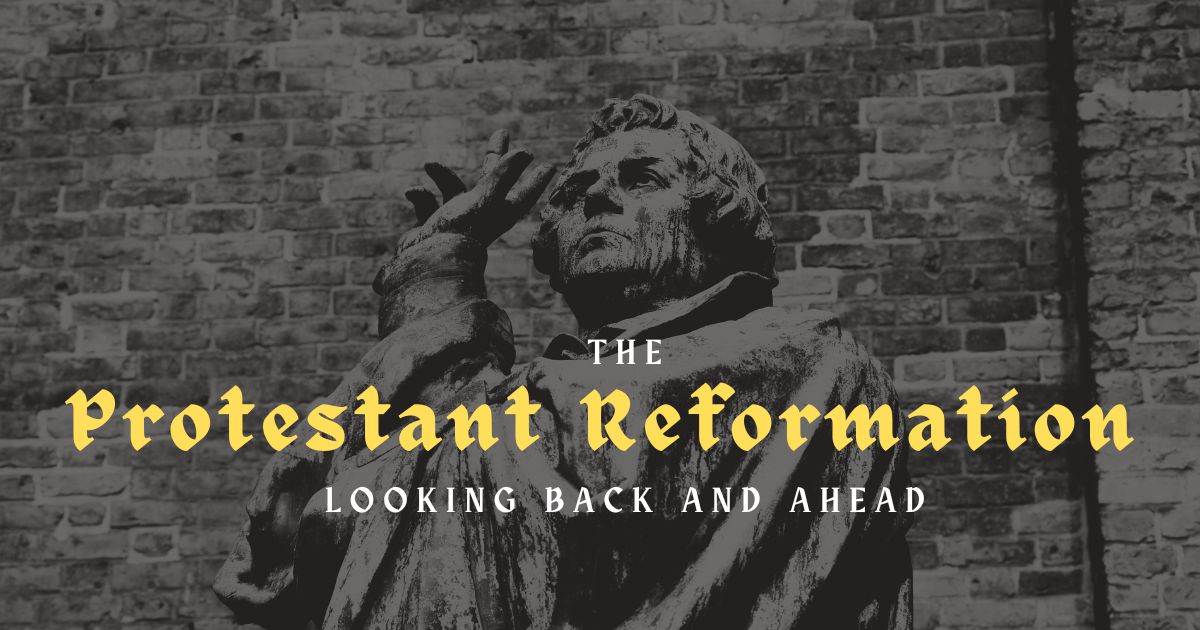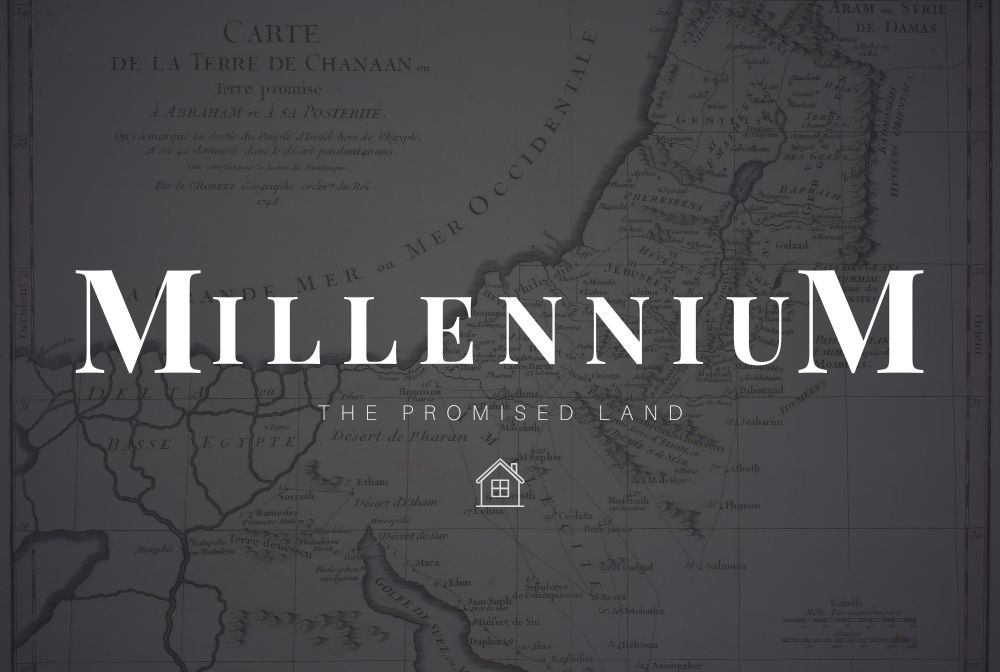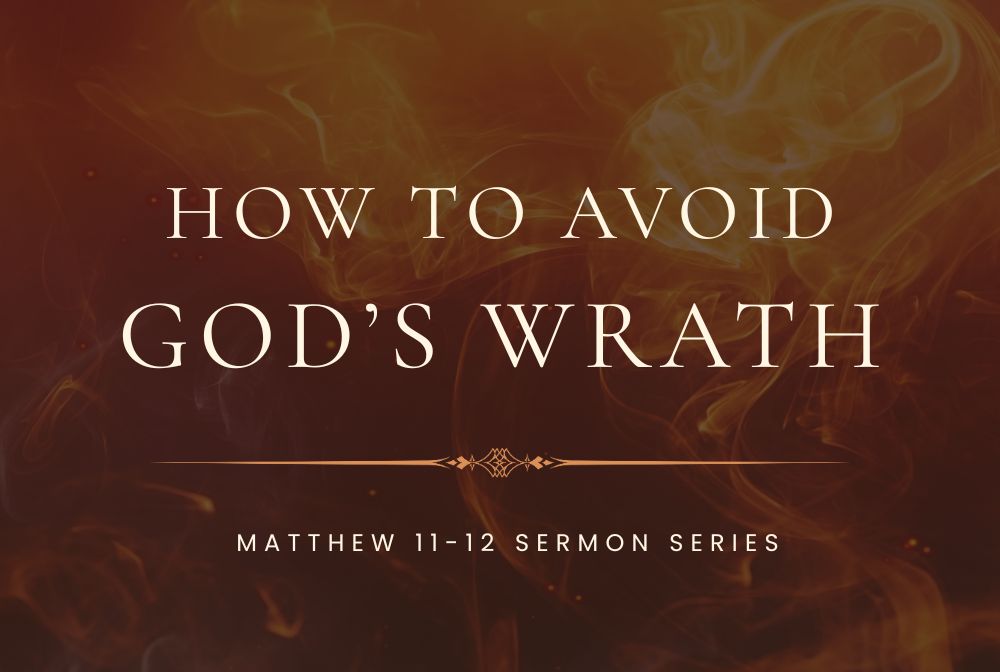Keeping Holy Week Holy
When I was a kid in school, the Easter holiday was so much a part of cultural normality that Spring Break was often tied into Easter weekend. Some schools even had "Easter Break." And while I appreciate it when our culture makes it easier to celebrate Christian Holy Days, but in fact, Resurrection...
Election Day 2024: Keeping the Faith in Uncertain Times
I welcome any reader of course, but this letter is originally for the precious body of believers of Grace Bible Church of Bakersfield. Dear Brothers and Sisters of Grace Bible Church of Bakersfield, We have done our best to shepherd our own hearts concerning this year’s presidential election. We...
The Protestant Reformation: Looking Back and Ahead
What is the Continued Impact of the Protestant Reformation?
In the previous four articles, I have briefly talked about the history of the Protestant Reformation, highlighted a few heroes of the Reformation, and explained the major beliefs of the Reformation. But does it matter today? After all, that was 500 years ago! Is there a continued impact? The Reformation was the most important event in the history of the world since the first coming of Jesus Christ, but short of convincing you of that, I would at least like to show you three major impacts that we see even today.
